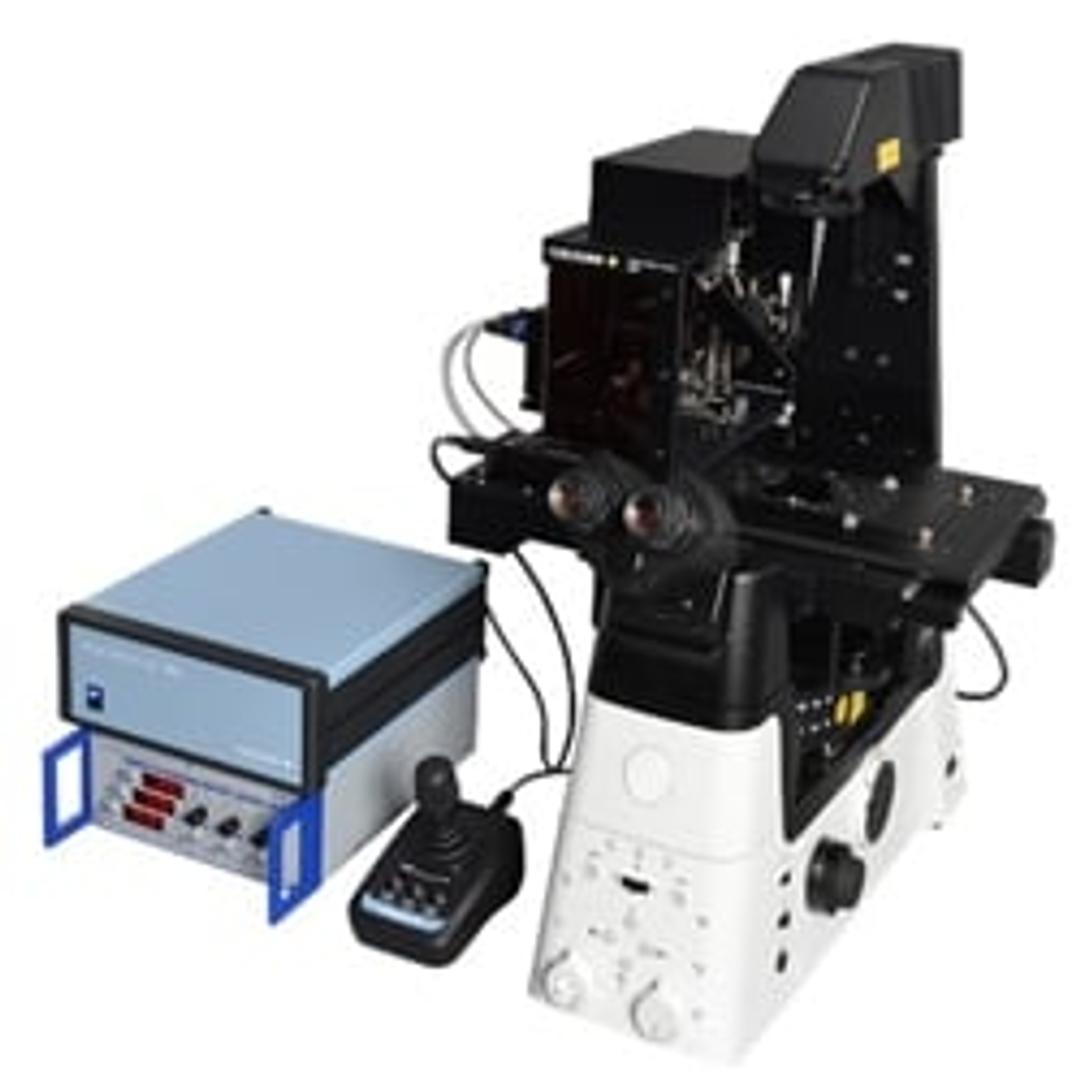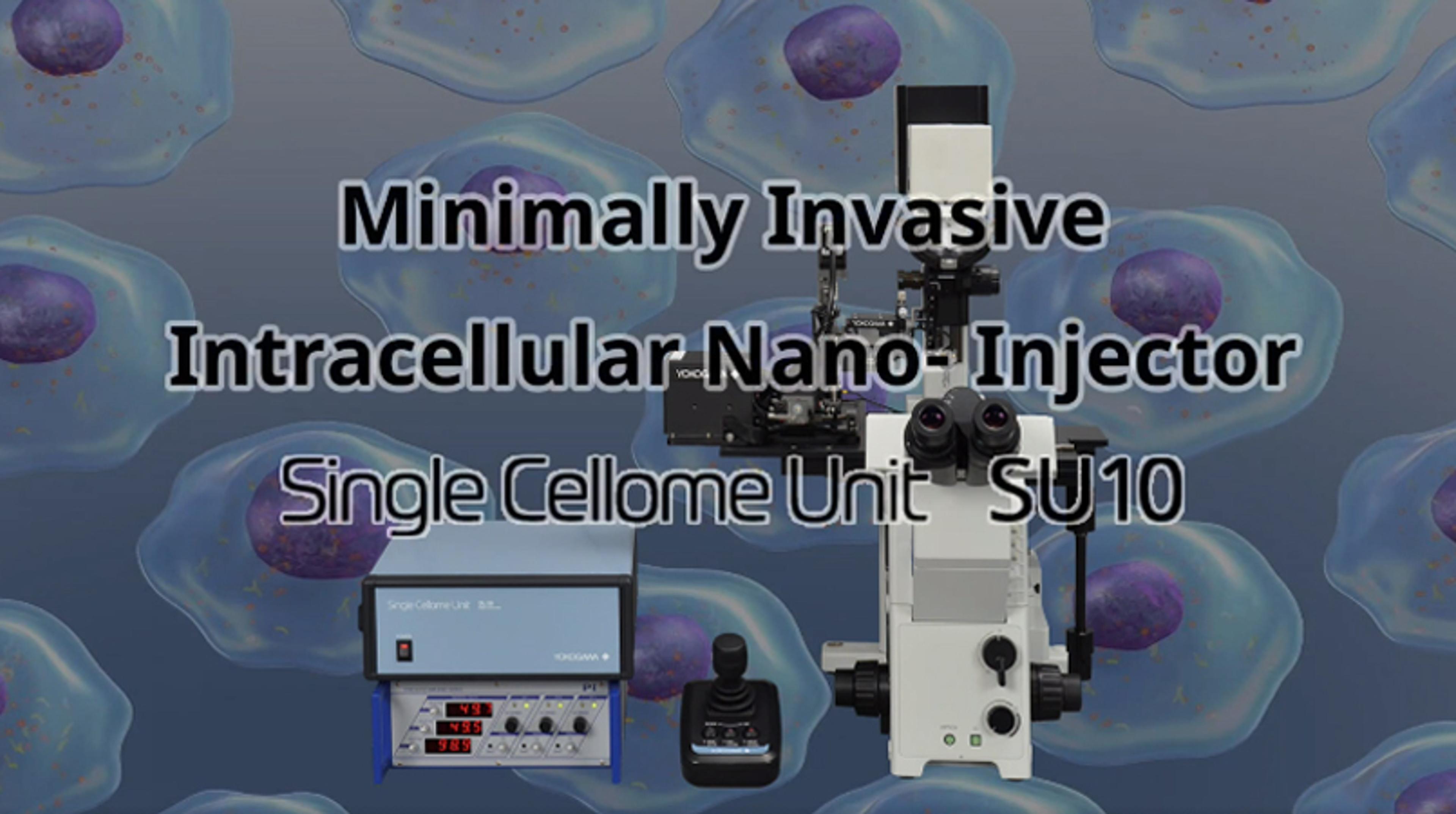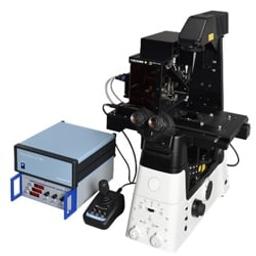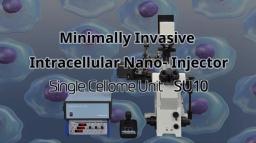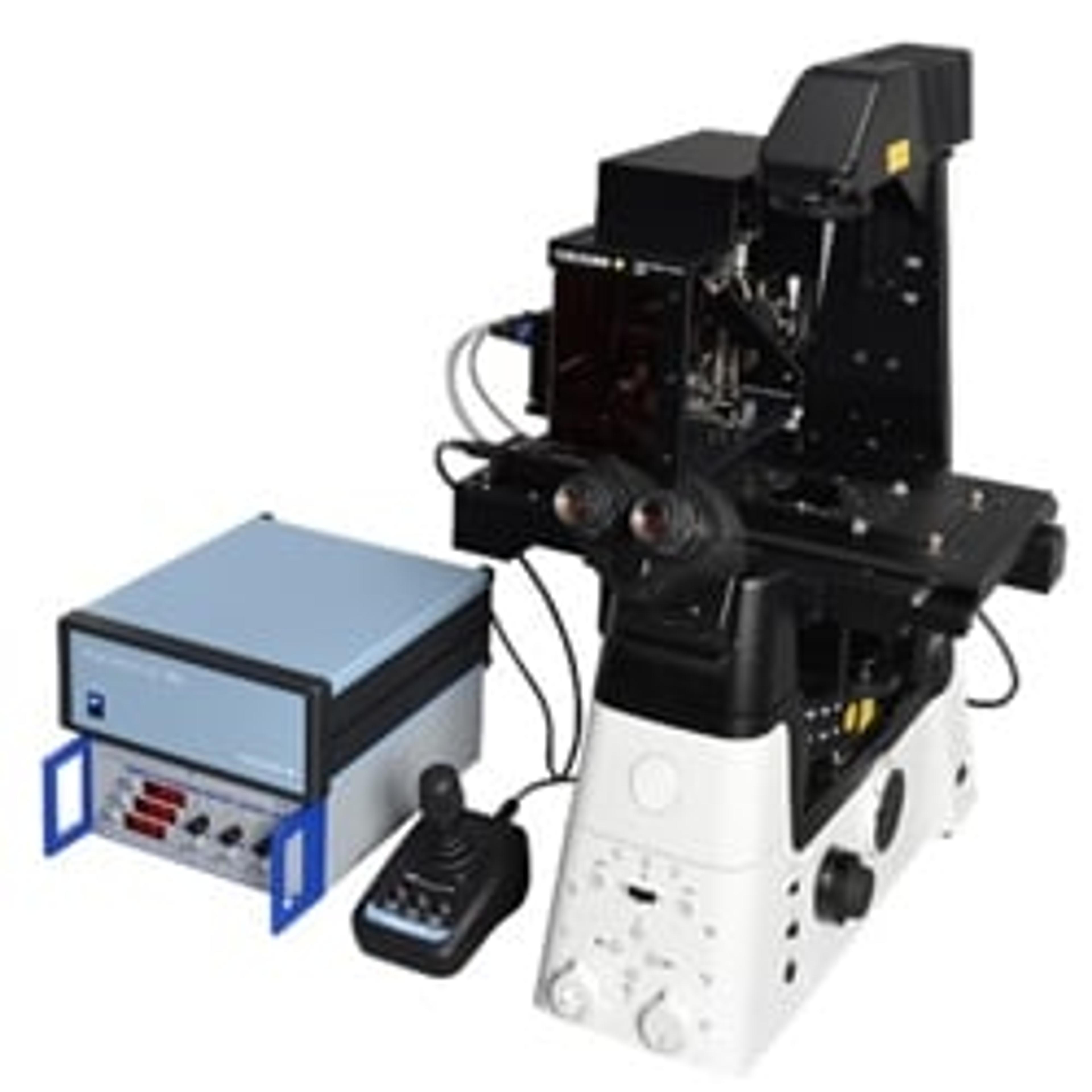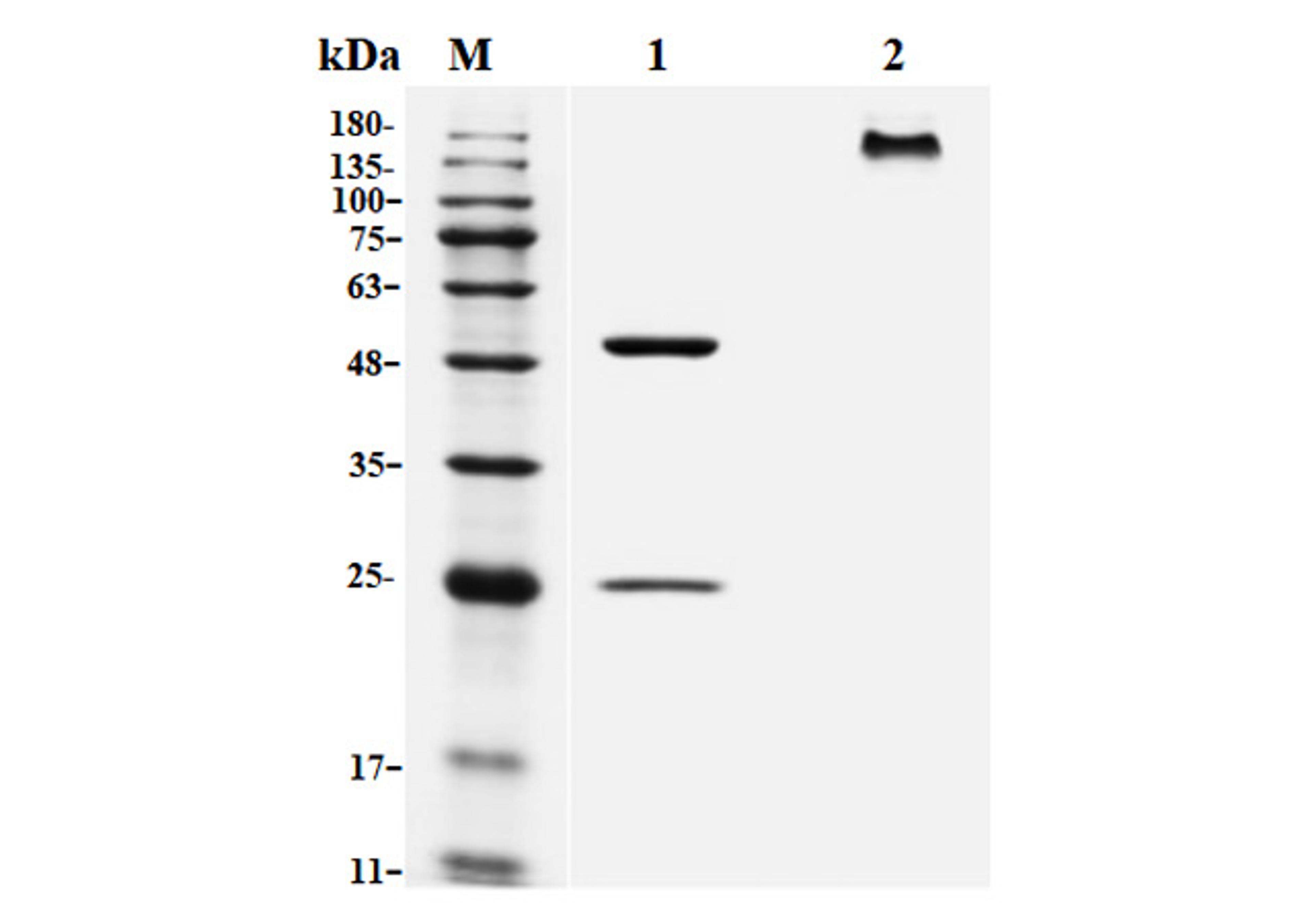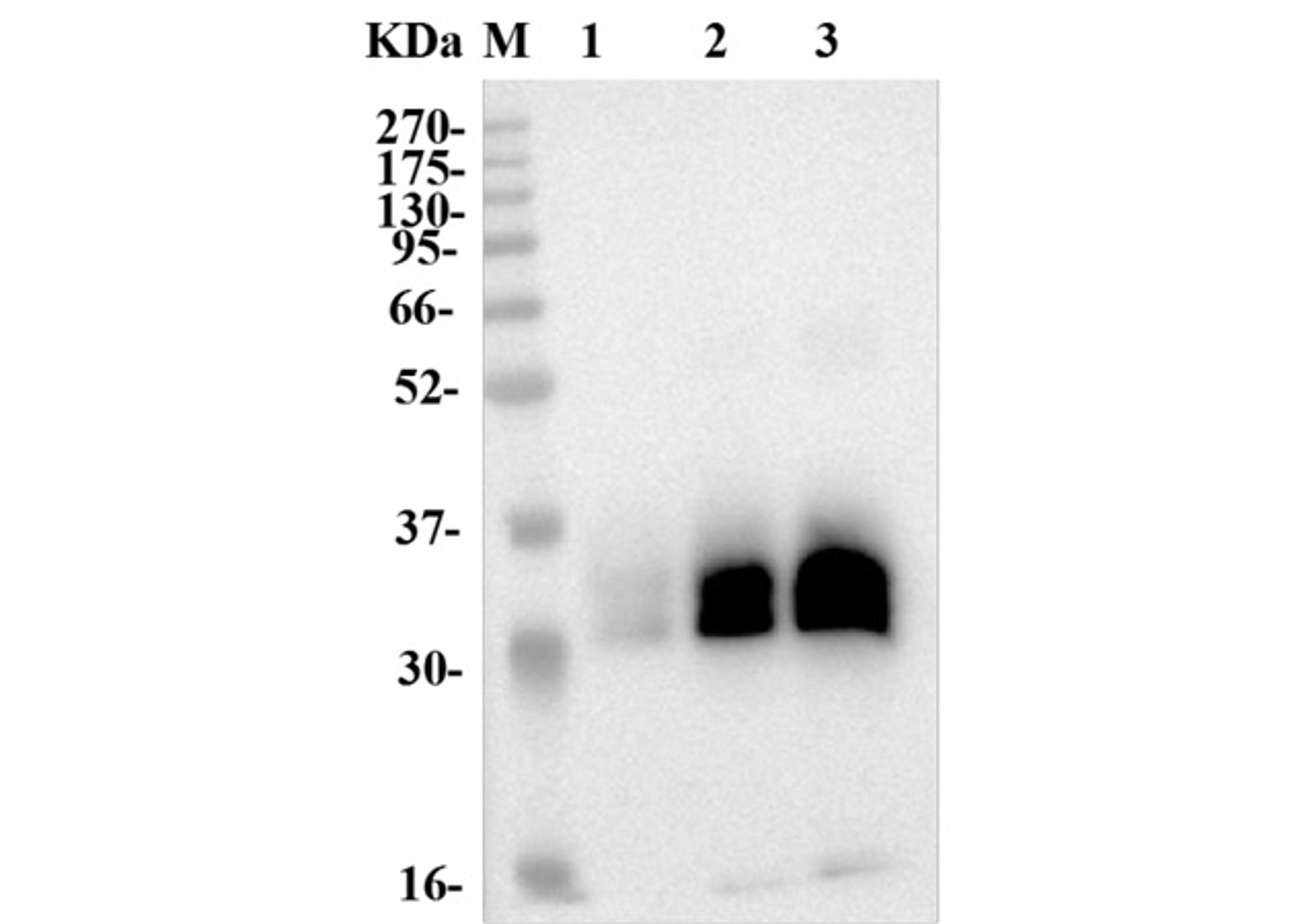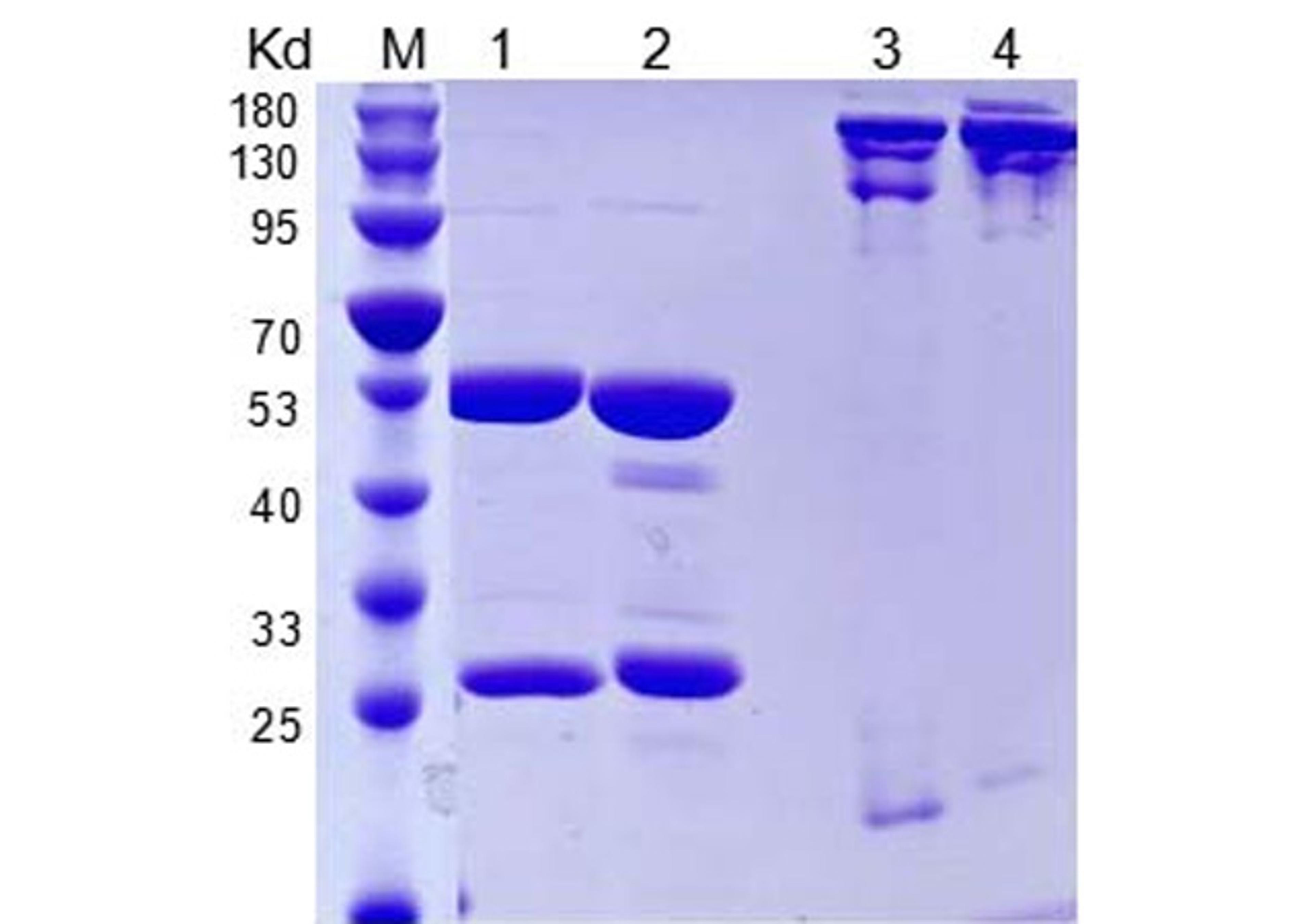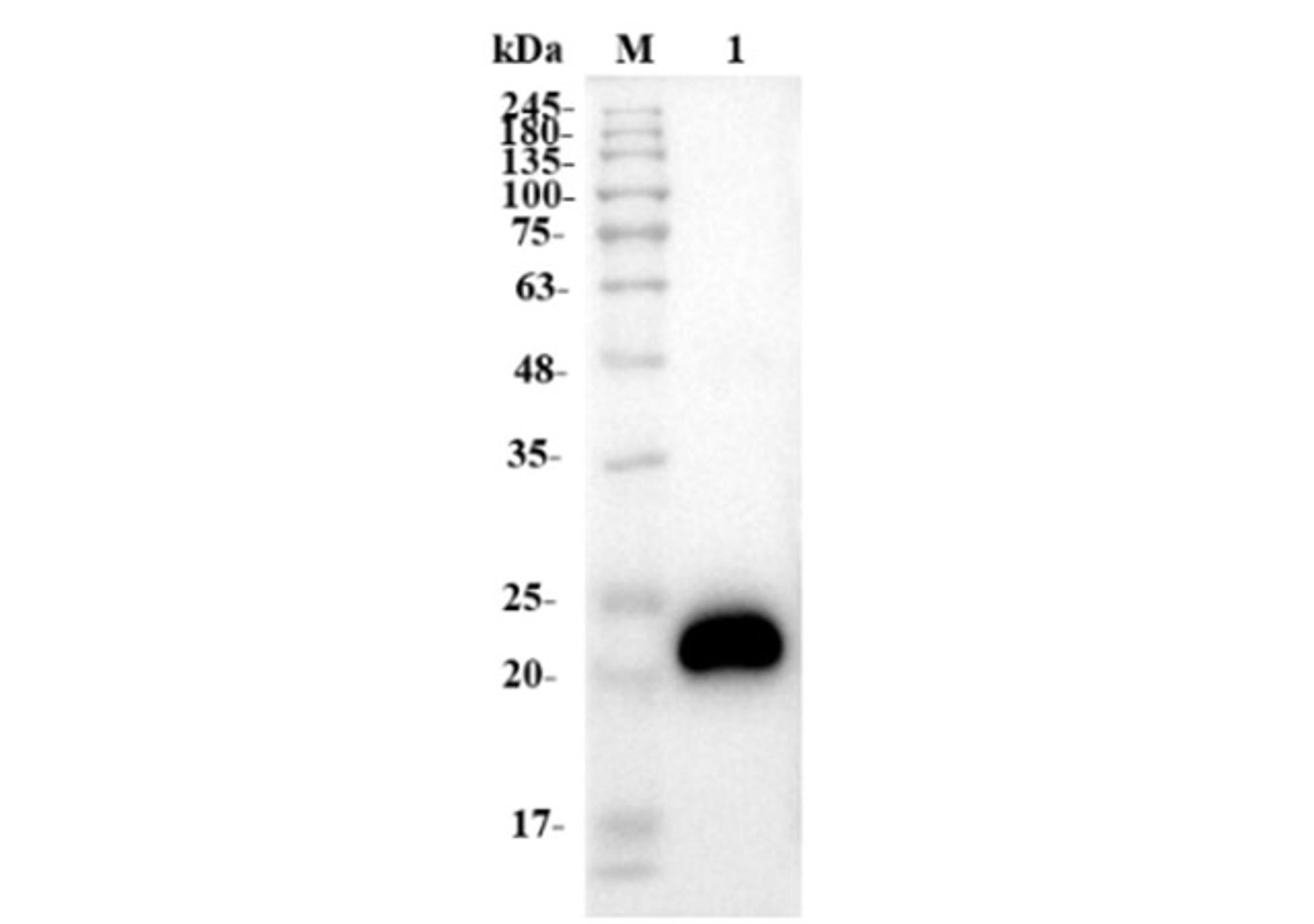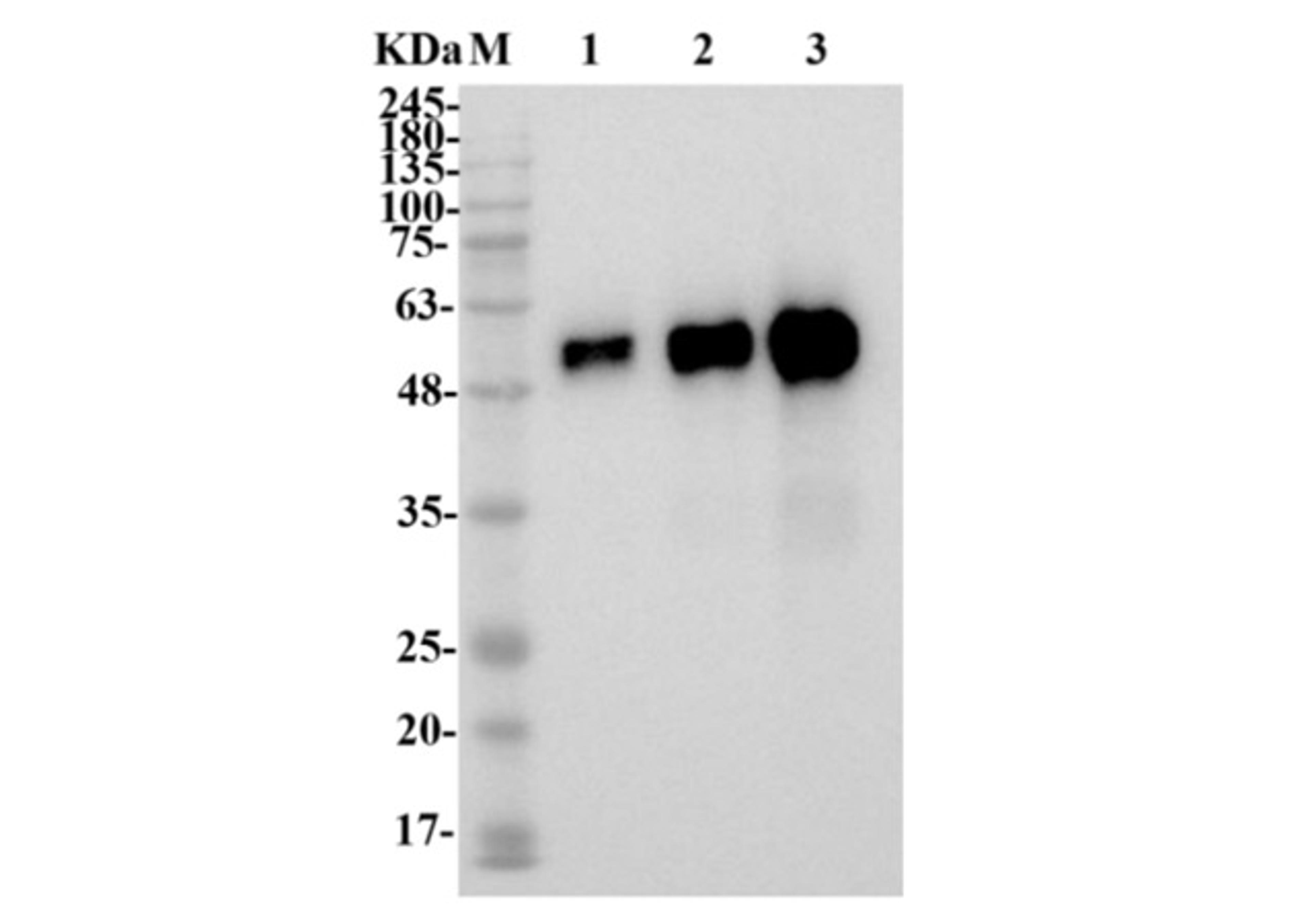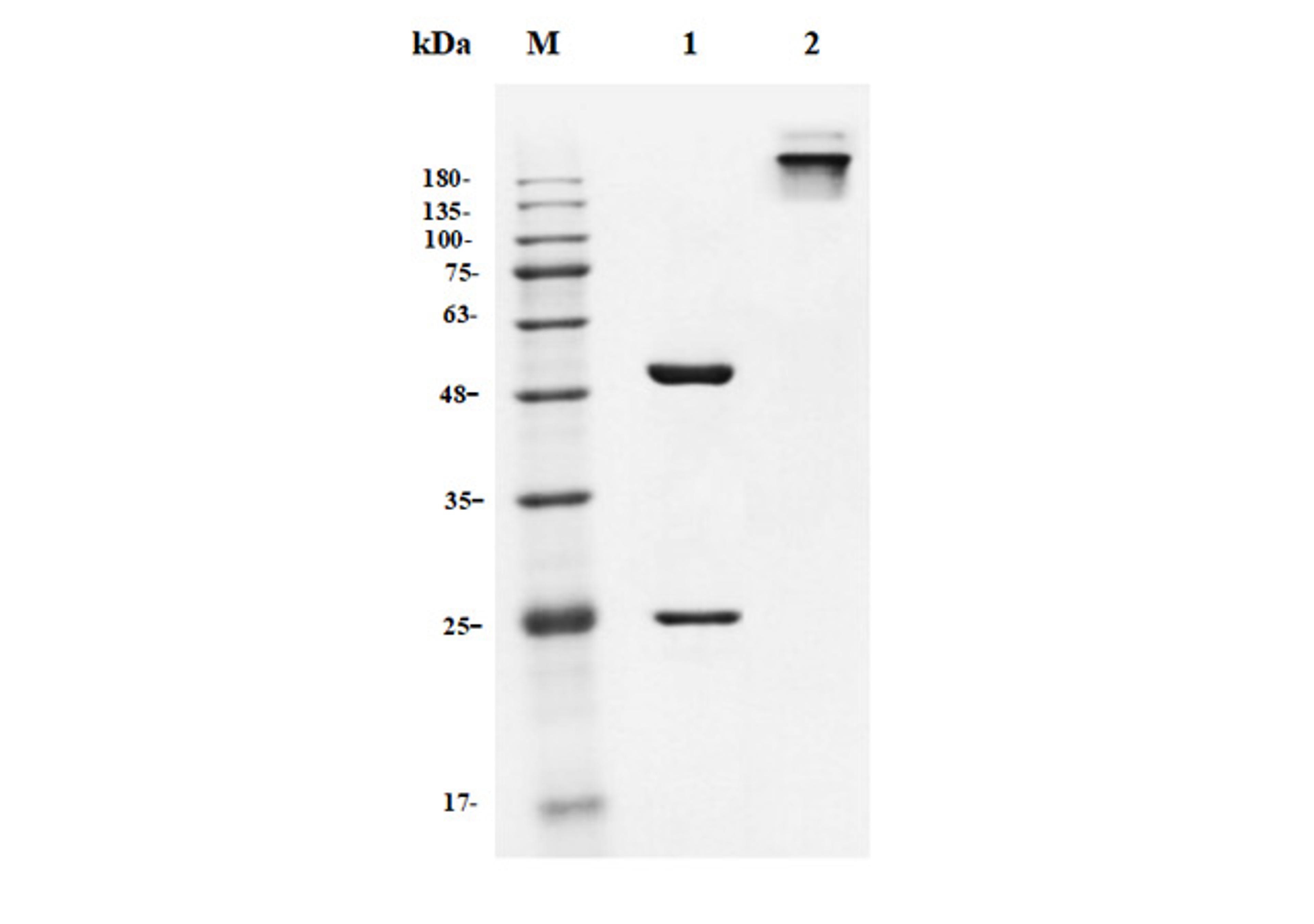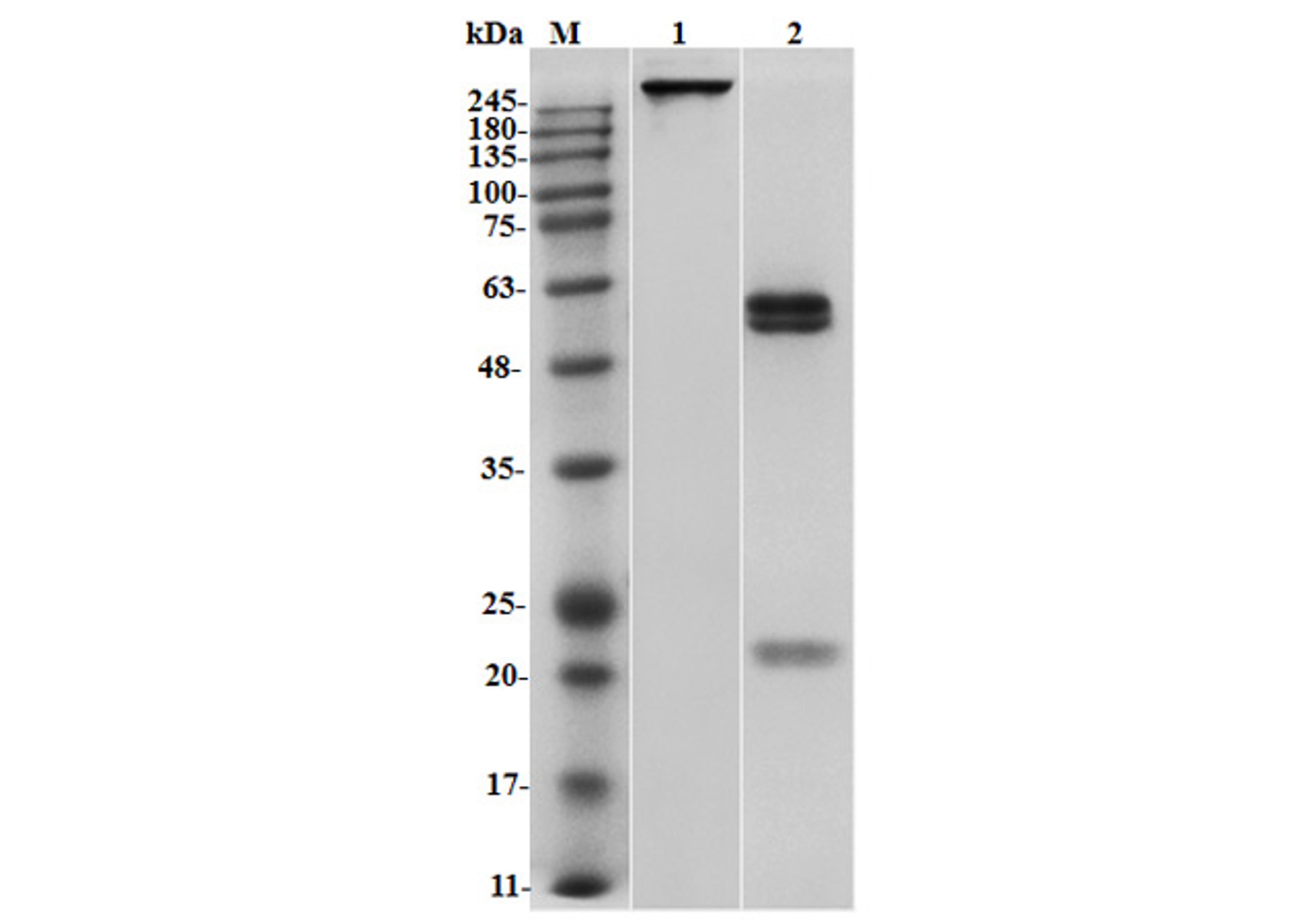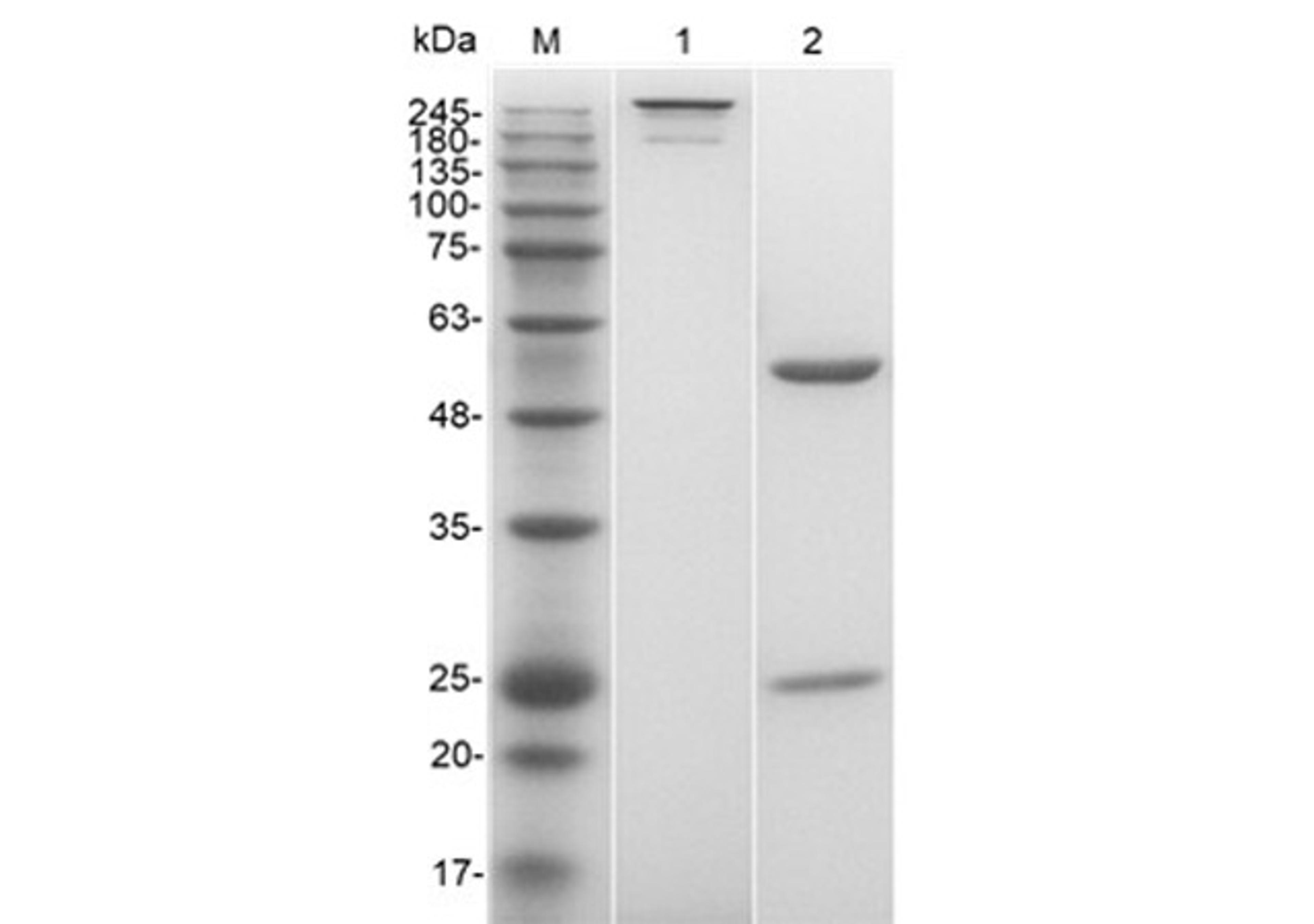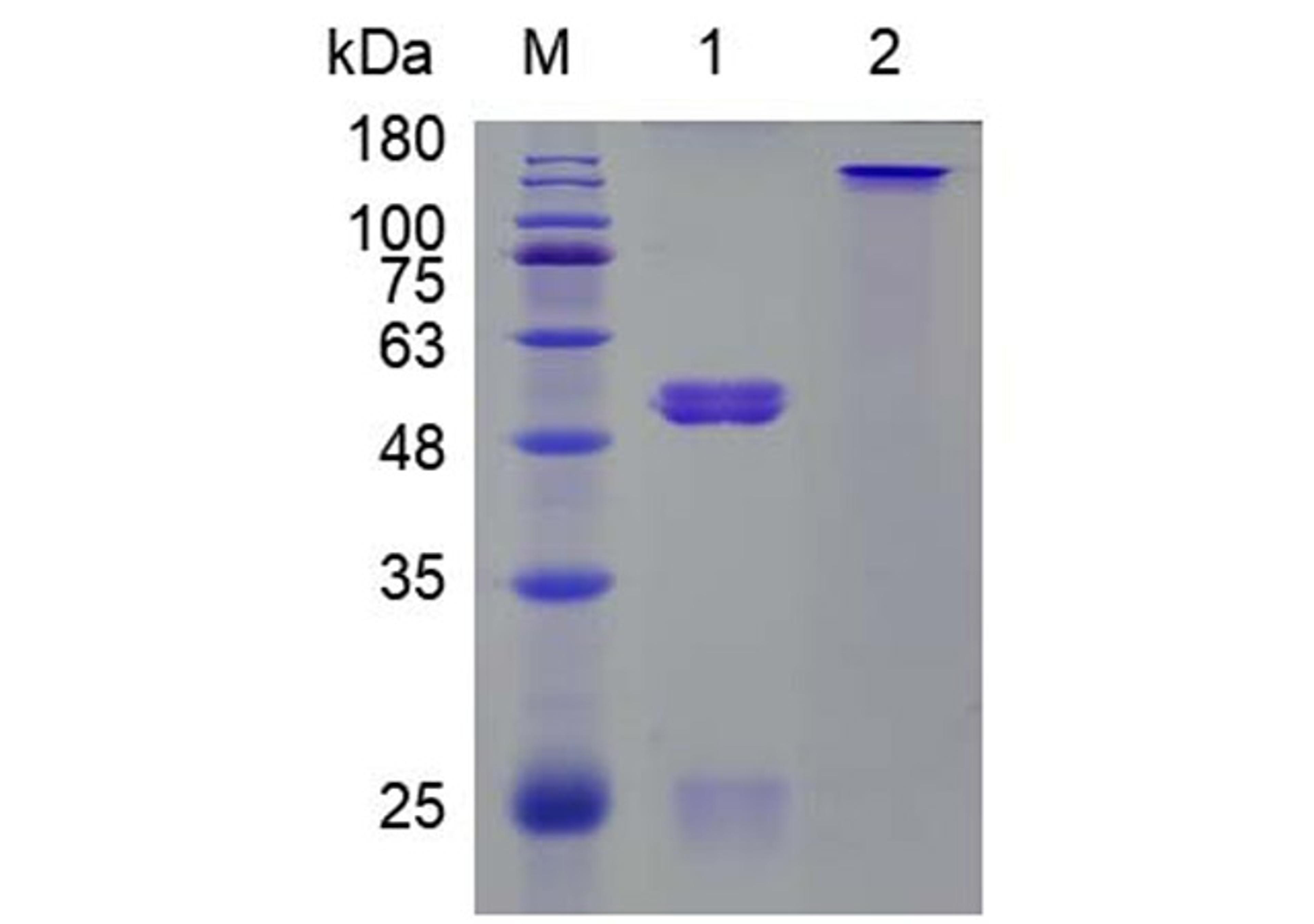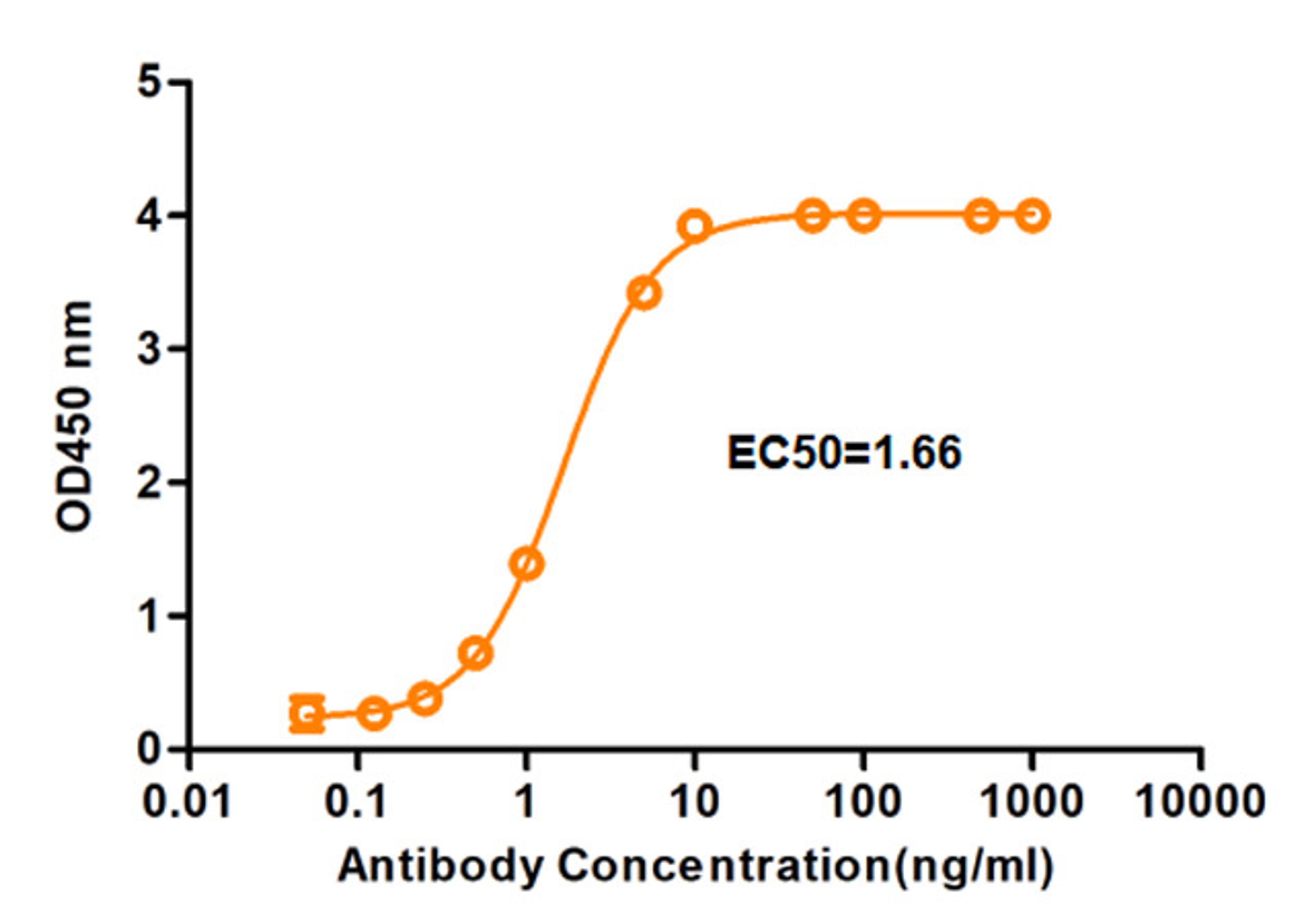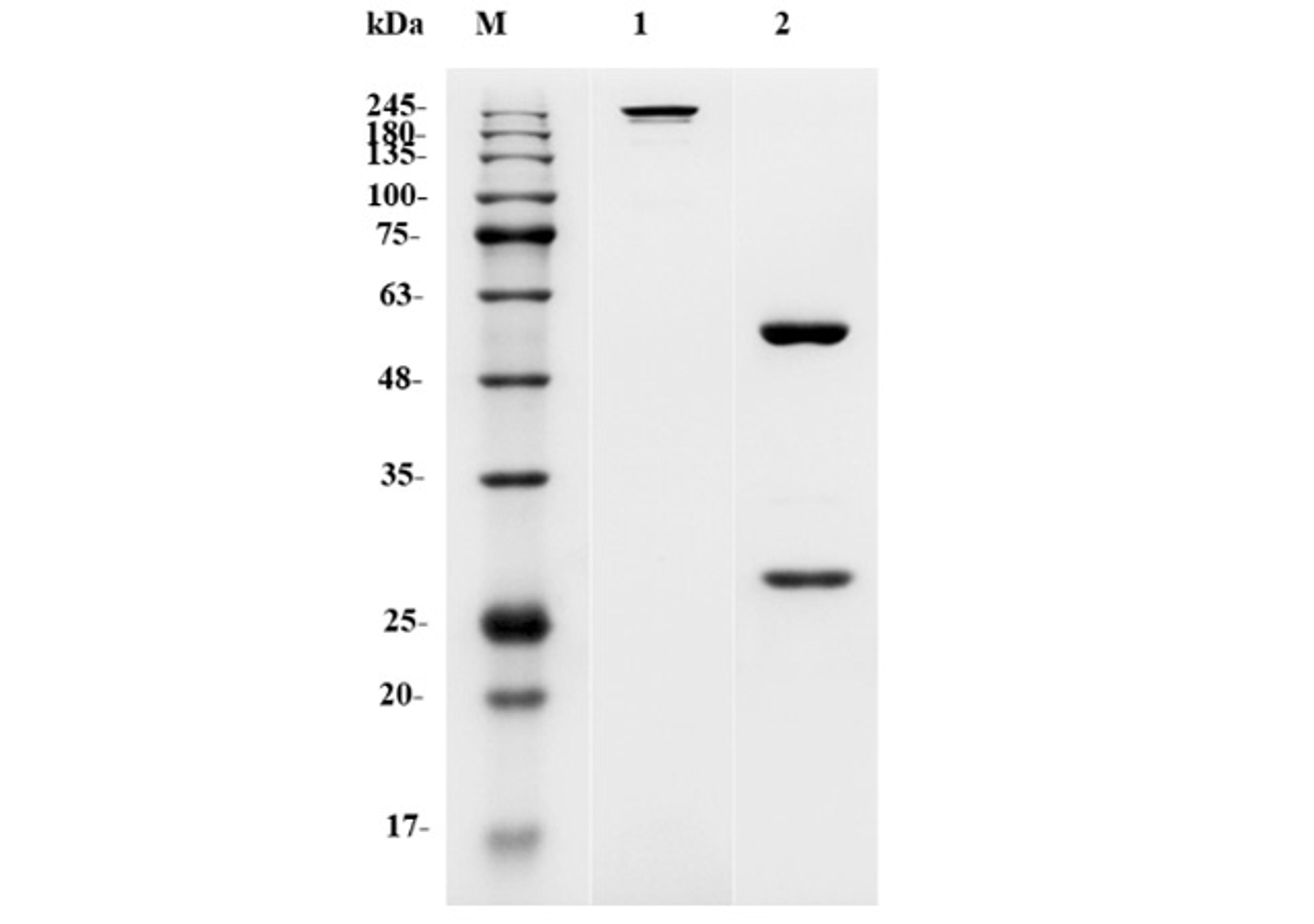Single Cellome™ Unit SU10
SU10 is a nanopipette-based tool for efficient and controlled delivery of material (such as CRISPR Cas9 complex, RNA, proteins) into the nucleus or cytoplasm of single cells in a highly automated manner. The CRISPR Cas9 complex can be delivered directly into the nucleus of a specific target cell in a minimally invasive manner through the utilized glass pipette in nanometer range (approx.100 nm).

The supplier does not provide quotations for this product through SelectScience. You can search for similar products in our Product Directory.
SU10 is a nanopipette-based tool for efficient and controlled delivery of material (such as CRISPR Cas9 complex, RNA, proteins) into the nucleus or cytoplasm of single cells in a highly automated manner. The CRISPR Cas9 complex can be delivered directly into the nucleus of a specific target cell in a minimally invasive manner through the utilized glass pipette in nanometer range (approx.100 nm). Especially the delivery of material into cells that are hard-to-transfect can be a benefit by using SU10.
Key features
- Low Invasiveness: Glass pipette with tip size of under 100 nm
- Automated Penetration: Automated cell surface detection and penetration (Z direction movement)
- Automated Injection: Automated, controller volume injection using electro-osmotic flow
- High Success Rate: Approx. 95% success rate of injection*3
- Single-Cell Targeting: Enabled injection of selected cells under microscope observation
- Rapid Injection: Capable of injecting one cell every 10 seconds*3
*1 Function to aspirate intracellular substances is under development.
*2 Microscope sold separately.
*3 Experiment by Yokogawa.
Applications
- Direct injection of substances such as vector and genome editing tools (CRISPR/Cas9) into the nucleus
- Efficacy/toxicity evaluation of drug candidate molecules
- Other physical injection of reagents and proteins
- Inject into cells that cannot be introduced by conventional methods
- Analysis of cell-cell communication starting from the injected cell

